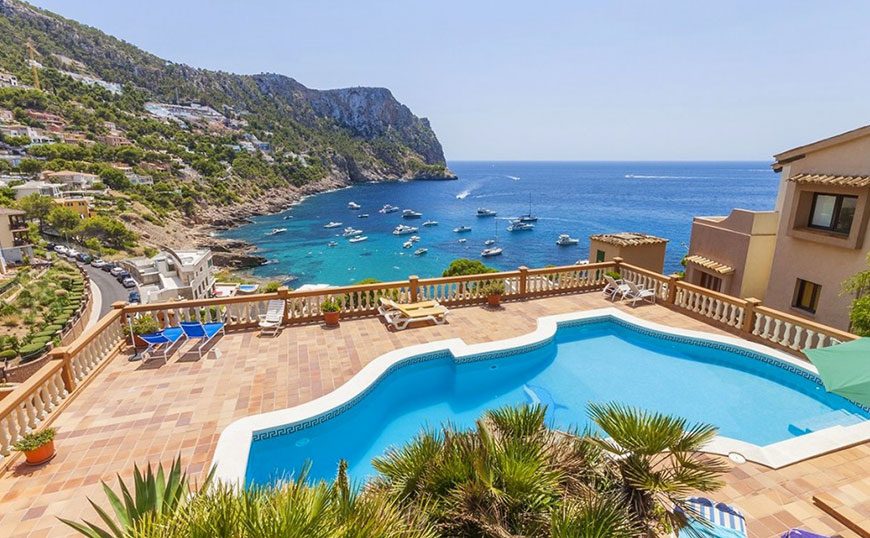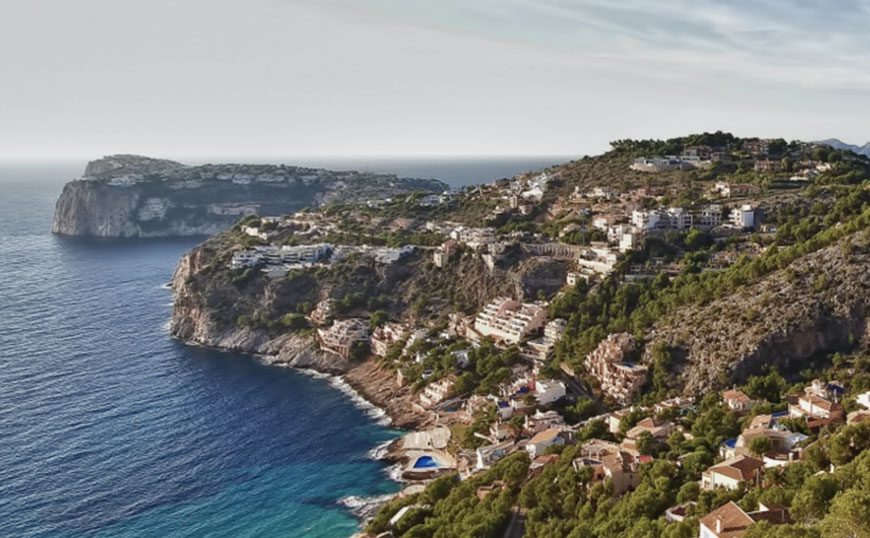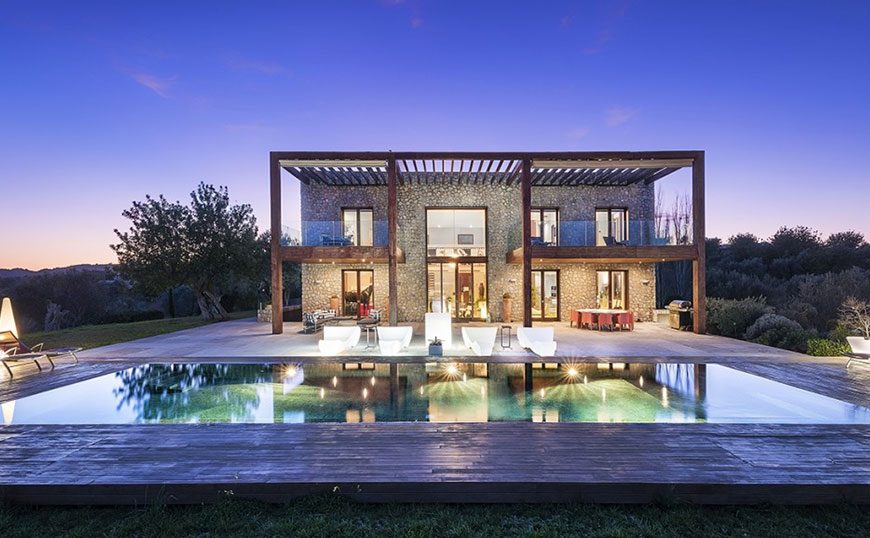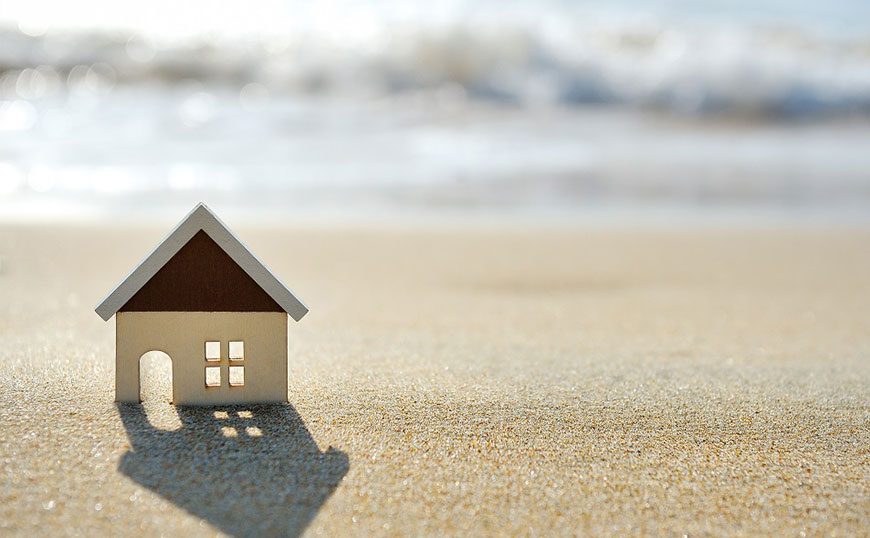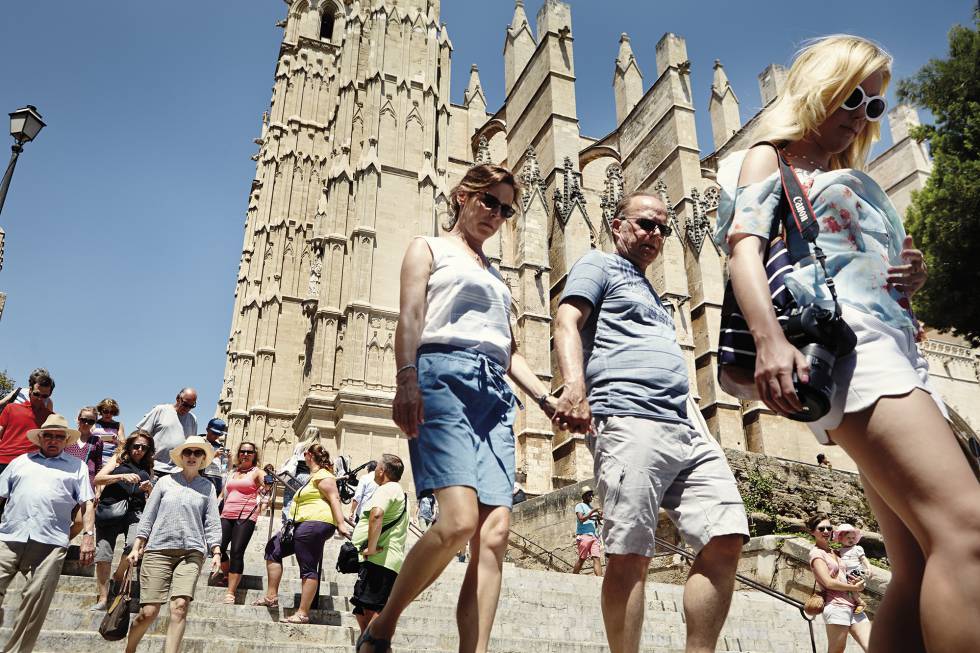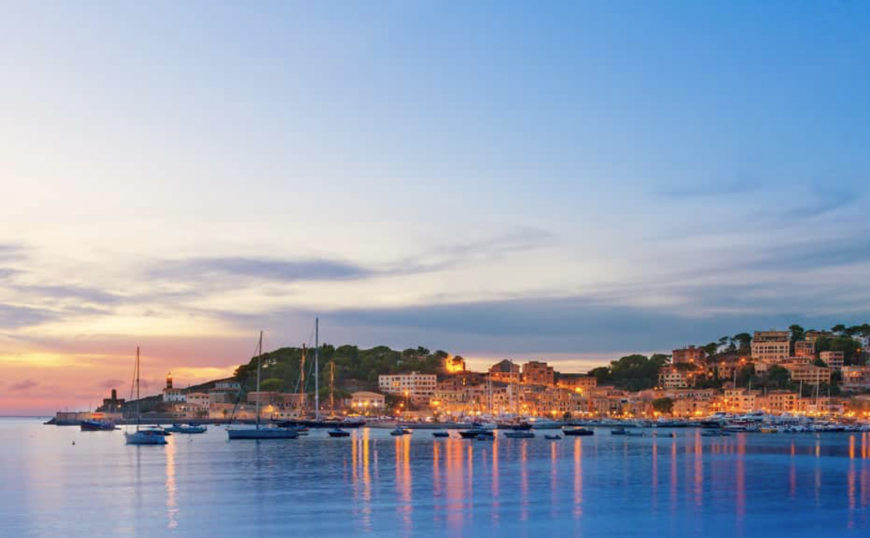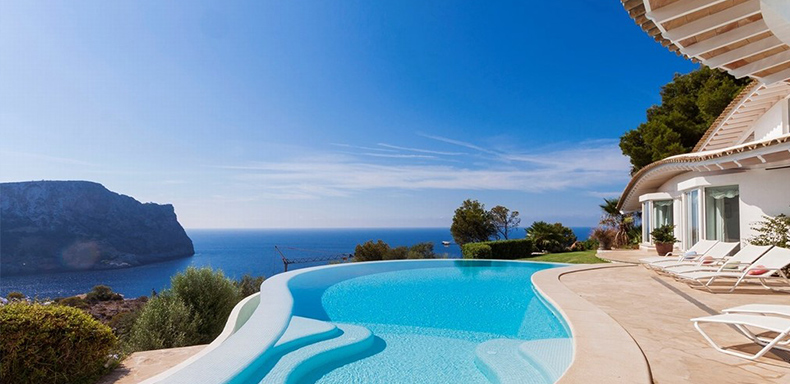Mallorca leads destination to invest
Palma is the Spanish city where real estate investment is most productive, with a price growth of 16 percent in the last quarter of 2017 compared to the same period of 2016.
A recent study compares the evolution of prices in Barcelona, Madrid, Palma, Malaga and Valencia and notes that Palma is taking over from Madrid and Barcelona in terms of profitability.The demand for real estate products by foreigners in the Balearic Islands is booming, not in vain the investment of residents from outside Spain represented in 2017 almost half of the total expenditure on registered housing.
Mallorca is considered a leading destination to invest in a second home. Buyers value the infrastructure, security, services and entertainment offered by the island, so many foreigners who acquire a residence in Mallorca often spend long periods, even out of high season.
This boom in demand has led to an increase in prices. The southwest of the island (Andratx and Calvià) and the Palma urbanization of Son Vida are the areas where the luxury home recorded the highest price increases. The average cost of the villas in Port d’Andratx reached 4.5 million euros.
This situation has led to the municipalities of Mallorca becoming increasingly wealthy and climb positions in the list of Spanish populations whose inhabitants declare the highest rents thanks to: a more dynamic economy hand in hand with the tourist boost, employment growth without comparison in other autonomies, and a very strong foreign investment to acquire a property on the island.
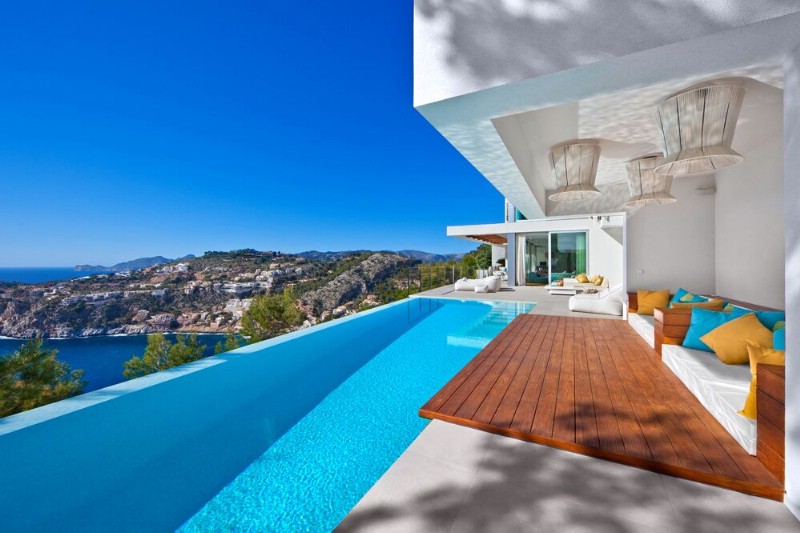
We must remember that according to the data of the Government of the Balearic Islands, after growing the economy of the islands by 0.3% in 2013 and 1% in 2014, in 2015 this rate rose to 3%, showing a boost higher than the state. As a reference, in 2016 it reached 4.1% and the estimate is that 2017 closed at 3.8%.
The second key element has been the reactivation of the labor market. Although in 2015 island salaries did not show significant increases, the number of people with a job did increase, which allowed raising the money in circulation. And the third factor is the strong foreign investment that has occurred in recent years in the real estate market of the archipelago, and especially in some municipalities, with the acquisition of high value real estate and income of high income population. Real estate investment companies have found in the strong growth of the tourism sector one of the best investment fields, which is why many of these socimis have set their sights on Mallorca.
In Ripoll & Mateu we work to get total satisfaction of our customers effectively by offering legal services and personalized assistance in civil matters, obligations and contracts of all kinds.Foreign investment area offers legal assistance with regard to funds from other countries for investments in real estate and commercial Islands.

